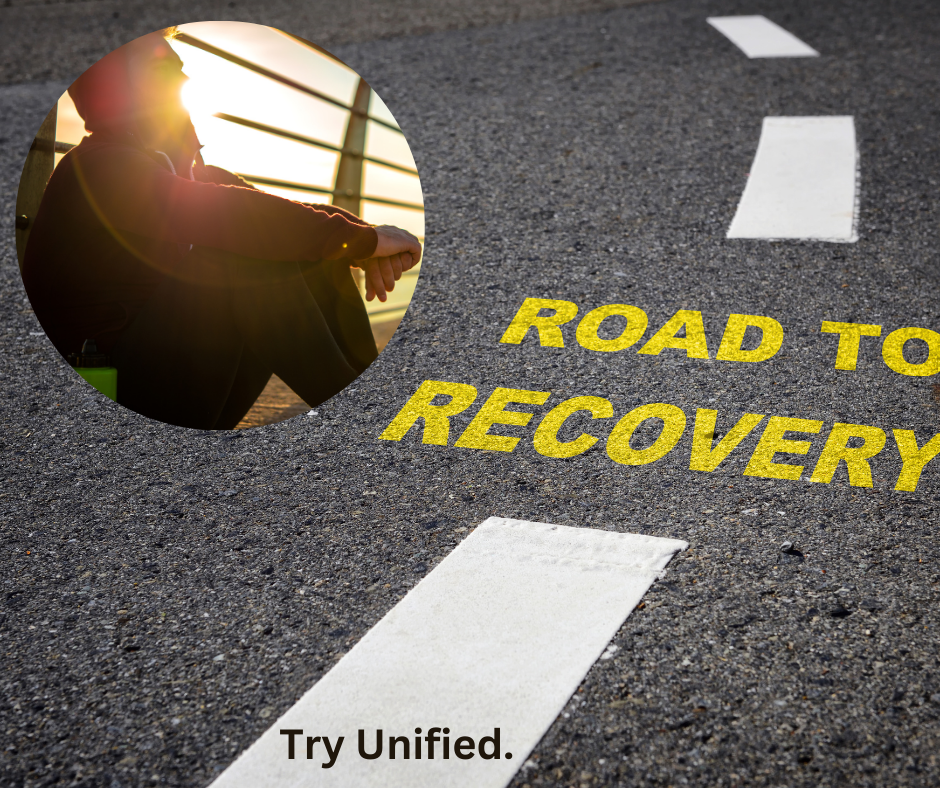
With the recent loss of more than 10 million workers from the American workforce, it’s no wonder people are feeling overwhelmed at work!
The good news is that Unified Community Services can help.
Unified Community Services daily serves people with suicidal thoughts, addiction-related challenges, and varying degrees of mental illness. Reach out today to learn how you can empower the people who are your business, organization, or team to become more skilled at
-managing stress,
-navigating change,
-seizing the opportunity for growth in conflict,
-and developing personal wellness.
Our rates are affordable. We can’t wait to help you and your team thrive!
Reach out today at bbiddick@unifiedservices.org to learn more.









